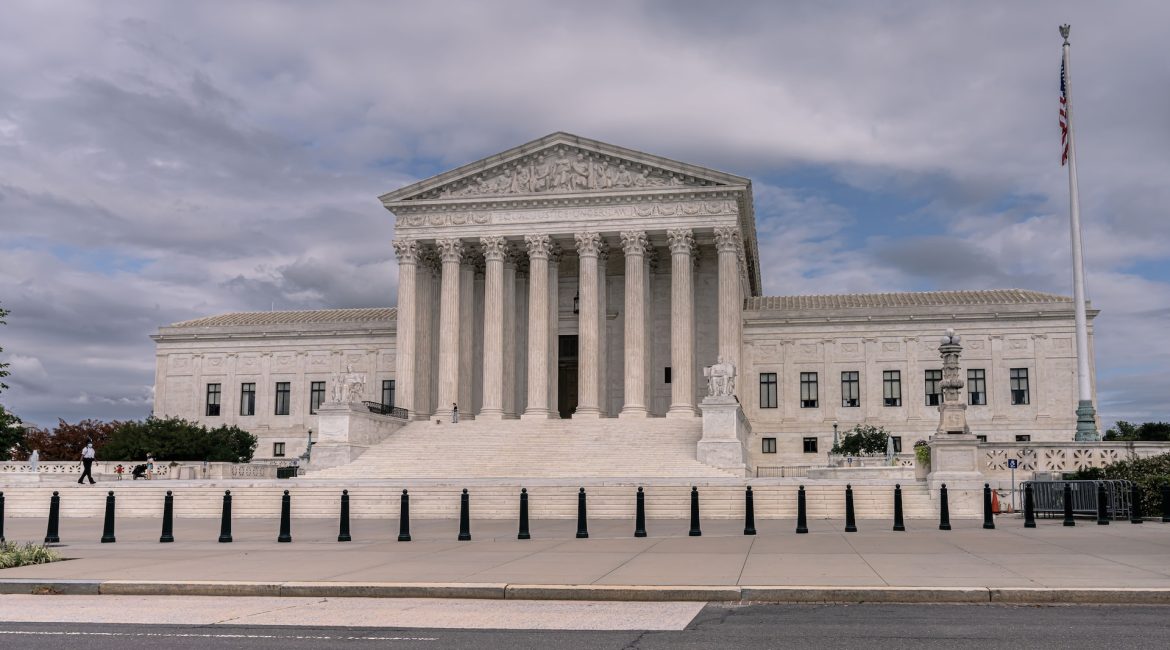In a move that may set a national precedent, a group of transgender youths, their guardians, and a Tennessee doctor have urged the Supreme Court to examine the state’s prohibition on certain medical treatments for minors. Should the court accept, it would mark its first deliberation on legislation that restricts transition-related health care for individuals under 18.
The Core of the Dispute
At the heart of the legal challenge is Tennessee’s law that limits access to puberty blockers, hormone therapy, and surgeries for transgender minors — an approach echoed in 21 other states. The petitioners have framed the ban as discriminatory, alleging it contravenes the equal protection and due process clauses of the 14th Amendment by denying transgender youths treatments that are available to their cisgender peers for other medical conditions.
Legal Landscape and Circuit Splits
With differing opinions from various circuit courts, the landscape is fraught with confusion, prompting calls for the Supreme Court to step in. While the 6th and 11th Circuit Courts have upheld such laws, the 8th Circuit has not, leading to a patchwork of legal standings across the country and a pressing need for a definitive ruling.
Tennessee’s Stance and the 6th Circuit’s Ruling
Tennessee’s law, set to be enacted but temporarily halted, stands as a testament to the ongoing debates about gender-affirming care. The 6th Circuit’s decision to let the law proceed, while controversial, highlights the ongoing discourse within the judiciary regarding the treatment of gender dysphoria and the state’s role in regulating health care for minors.

Medical Consensus and Societal Impacts
Despite the legal contention, there is a strong consensus in the medical community about the benefits of gender-affirming care. Major health organizations have expressed support and have opposed restrictions, citing improved mental health outcomes for transgender individuals receiving such care.
The Supreme Court’s Potential Involvement
Legal experts suggest that while a circuit split often prompts Supreme Court intervention, the current divide might not be substantial enough yet to warrant immediate attention. However, with the landscape constantly evolving, the case’s progression to the highest court seems increasingly likely.
Broader Implications
The decision to hear the case could have far-reaching consequences. Not only could it directly affect the lives of transgender minors and their families, but it could also influence broader discussions about state intervention in private medical decisions, as seen in the recent Dobbs v. Jackson Women’s Health Organization ruling. The outcome may redefine the intersection of parental rights, state interests, and individual freedoms in America.
©loveinclusion.org





